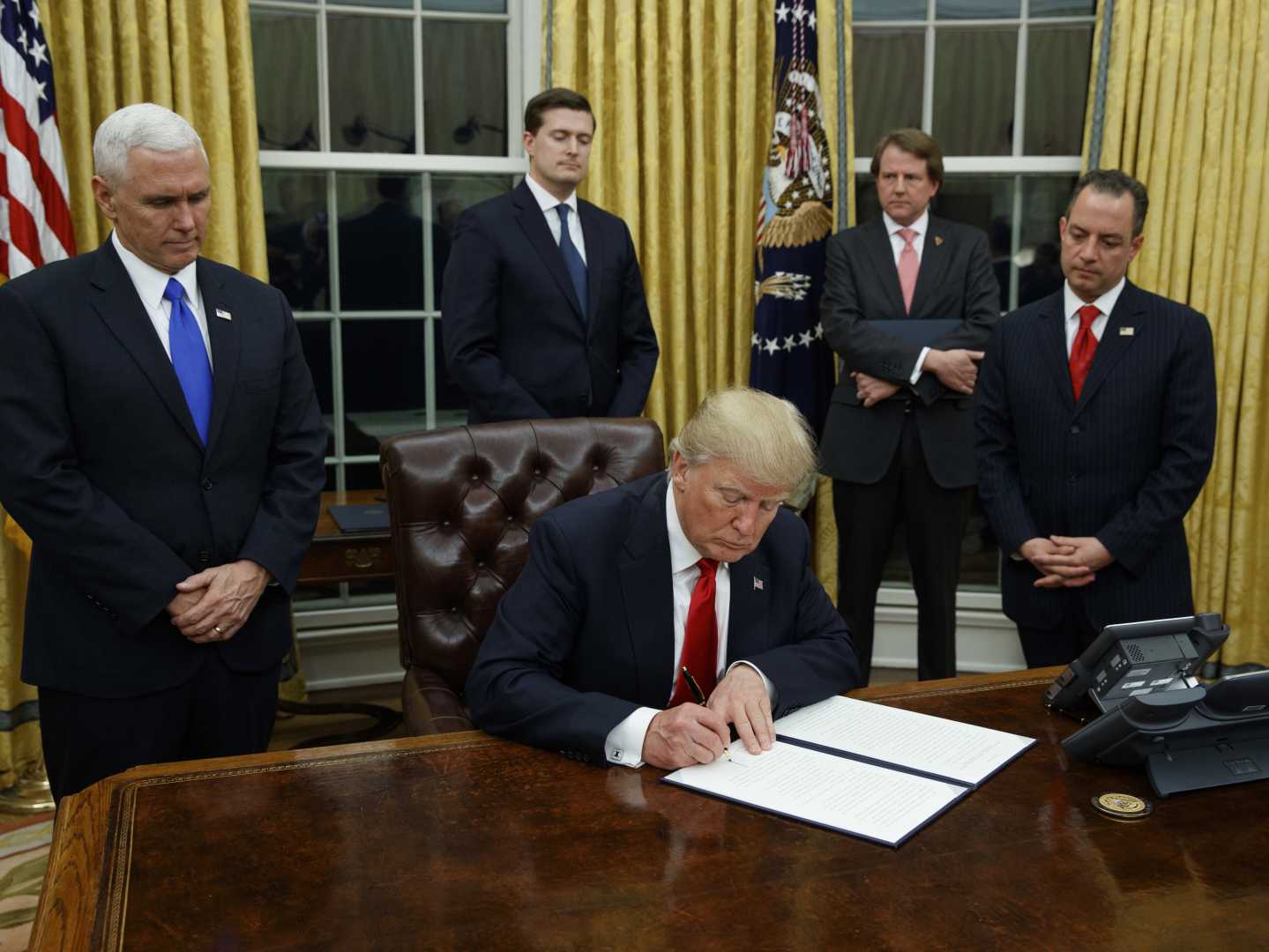Health
Trump Rescinds Biden’s Prescription Drug Cost Reduction Order

WASHINGTON, D.C. — President Donald Trump rescinded former President Joe Biden’s executive order aimed at lowering prescription drug costs for Americans on Monday, signaling a potential shift in health care priorities as his administration begins its term. The move, part of a broader effort to reverse Biden-era policies, targets initiatives designed to reduce out-of-pocket expenses for Medicare and Medicaid beneficiaries.
Executive Order 14087, signed by Biden in 2022, directed the Department of Health and Human Services to develop cost-reduction models through the Center for Medicare and Medicaid Innovation. The order sought to address the high cost of prescription drugs, which Biden described as a significant burden for many Americans. Trump’s rescission halts these efforts, leaving the future of drug pricing reforms uncertain.
“The previous administration has embedded deeply unpopular, inflationary, illegal, and radical practices within every agency and office of the federal government,” Trump said in a statement. “The revocations within this order will be the first of many steps the United States federal government will take to repair our institutions and our economy.”
Experts say the immediate impact of the rescission may be limited, as many of Biden’s initiatives were still in development. Stacie Dusetzina, a health policy professor at Vanderbilt University, noted that the $2 monthly out-of-pocket cap on certain generic drugs, for example, was not yet implemented. However, she warned that Trump’s actions could signal a reluctance to pursue policies aimed at reducing health care costs.
Larry Levitt, executive vice president of health policy at KFF, a nonprofit research group, suggested that Trump’s approach to health care appears to differ from his previous term. “If you contrast Day 1 of this Trump administration with the last one, it is a different approach to health care,” Levitt said. He added that the administration’s stance on Medicare’s drug price negotiation provision, a key component of Biden’s Inflation Reduction Act, remains unclear.
Arthur Caplan, head of the division of medical ethics at NYU Grossman School of Medicine, described Trump’s actions as cautious but expressed hope that the Medicare negotiation provision would remain intact. “Right now, he seems to be nibbling on the edges,” Caplan said. “But I hope he doesn’t go further.”
The Democratic National Committee criticized Trump’s decision, accusing him of prioritizing the interests of wealthy backers over the needs of everyday Americans. “Donald Trump is already following through on his dangerous plans to jack up the costs of drugs to appease his billionaire backers,” said Alex Floyd, the committee’s rapid response director.
While the rescission of Executive Order 14087 disrupts Biden’s efforts to lower drug costs, existing laws and regulations governing prescription drug pricing remain in effect. The long-term implications of Trump’s actions, however, could shape the future of health care policy in the United States.












